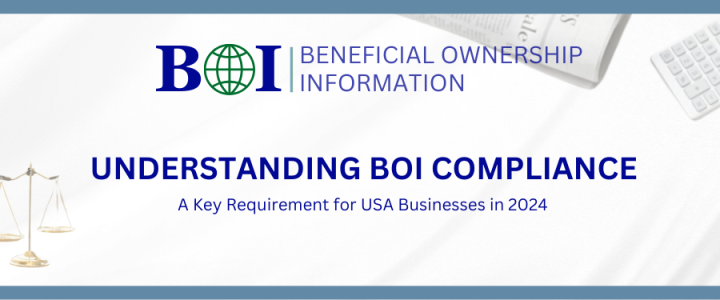As a budding entrepreneur, you will be full of ideas and get excited about what you are getting into. These ideas can be the best, but with no business plan, it can be considered to be a dud.
It is true that the right kind of entrepreneurial business planning is an important map for any startup company. This includes your plans, goals, and the other resources that you require in order to reach success.
Numerous entrepreneurs face formidable challenges to come up with a complete business plan in most cases. OCPBIZ brings can help you with all that and more!
What is Entrepreneurial Business Planning?
An entrepreneurial business planning consultant assists businesspersons, like you, to develop a good business plan. A consultant will talk with you more in order to learn more about your business idea, objectives and target. They will subsequently contribute you to make a detailed plan that will include how you will market or operate or financially and much more.
The Importance of Business Plan
A business plan is an essential ingredient to success as it is a guide to your business. It makes you understand your aims, plans, and target market. It also attracts investors and helps in gaining funds. Here are a few reasons that make it of utmost of importance:
Offers a Roadmap to Your Business
Business plan gives a direction and blueprint of what you want to do, how to do, and the resources that you require to accomplish your objectives. It is a guide that will give your business sense of direction and focus.
Facilitates Funding
A business plan is necessary when you want to seek finances with investors or lenders. It demonstrates that your business is well planned and stands a high probability of getting funded.
Supports Sound Decision-Making
Business plan lets you take an informed structure of choices relating to your business. It will enable you to be informed with respect to ways of analyzing various situations and making conclusions based on facts.
Draws in Partners
A sound business plan can make partners and team members want to join you who have the same vision and are ready to spend their time and resources in the business.
Additionally, it must be added that an effective plan with the description of possible difficulties and costs estimation reduces risks. It offers highest chances of growth and profitability. Try it!
What Can Business Growth Consulting Service Do?
A business growth consulting services can be a benefit in many areas of entrepreneurship:
Brings in Experience and Knowledge
A business plan consultant offers the needed knowhow and experience to develop a thorough business plan. They will also allow you to properly avoid the most common mistakes and make your strategy fully satisfactory and organized.
Maintains Your Course
Even a small business plan consulting provider assists in keeping you on your track. They also make sure that your plan is with your vision and goals.
Saves You Time
It is time consuming to make a business plan. One of the ways that a business plan consultant can use to save your time includes doing the research, writing and editing your business plan.
Delivers Impartial Recommendations
A business plan consultant will be in a position to give objective suggestions on your business idea as well as plan. They are able to assist you in finding strengths and weaknesses and offer suggestion on improvement. This is very true, especially, in the case of startup business plan services that stick out to do their best.
A business plan consultant is capable of offering long-term assistance. Their guidance will initiate your plan and develop your enterprise.
How to Choose Business Plan Consulting Services?
Yes, what should you look for, while selecting a business plan consulting services consultant? Selecting a consultant for your business plans, requires you to consider a number of factors, like:
Experience
Pay attention to a consultant who has experience in collaborating with companies of your branch or other business models.
Budget
Look into the cost of the consulting services. This is to make sure that it suits your budget.
Expertise
Select a consultant with business planning, finance, marketing and operations expertise.
Availability
Ensure that you work with a firm that has consultants available to you. This will help you with your business plan within an appropriate time.
Communication skills
A good consultant must possess fine communication skills and must also be capable of presenting complex issues in simple words.
Every entrepreneur must have a good business plan. It will help them either embark on a new business or expand an existing one. It gives a direction to your business, aids in financial backing, gets partners, and employees on board. It further assists in effective decision making.
As the amount of work involved in the formulation of a comprehensive business plan, an entrepreneurial business planning consultant should be able to offer you an expertise. This will allow you to save time, offer objective analysis, keep you on track, and offer a continuous support.
Look at the experience, expertise, ability to communicate with the business plan consultant, availability and cost when deciding what to hire. A business consultant can help you to strengthen your chances of success. You can attain your business objectives by collaborating with the help of a business plan consultant.


